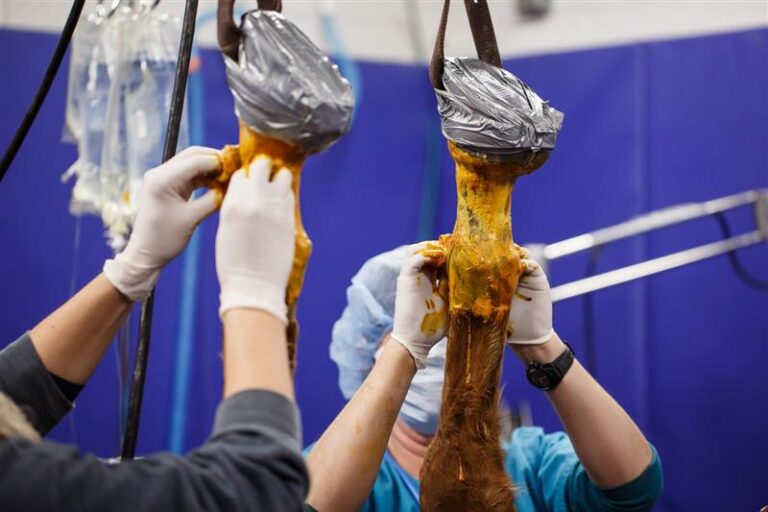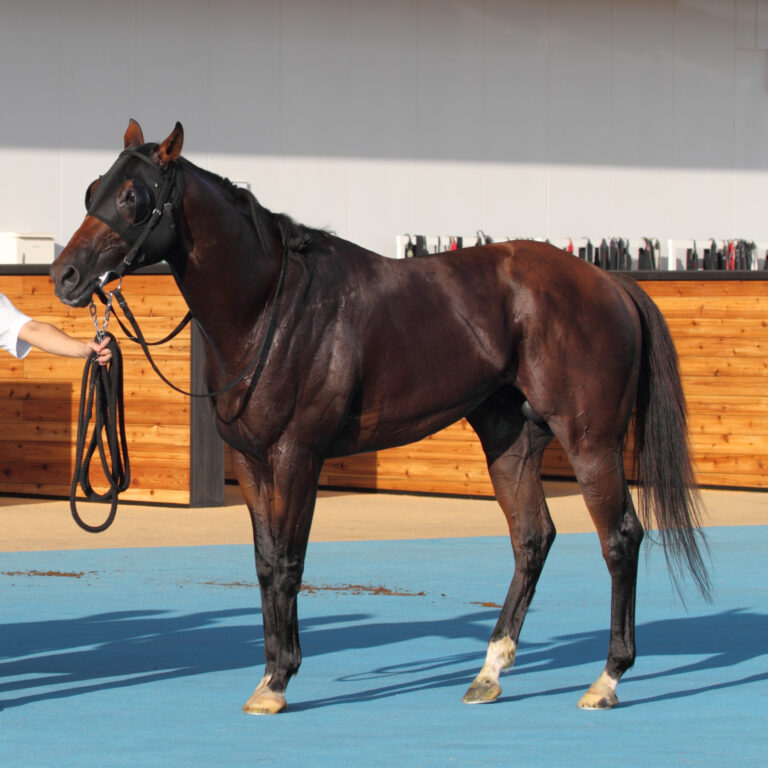
The use of autologous conditioned serum (ACS, also called IRAP) is effective in managing equine osteoarthritis through an increased concentration of anti-inflammatory cytokines and growth factors within harvested and incubated serum. A recent study looked at the effects of exercise and timing of sample acquisition post-exercise on ACS [Hale, J.N.; Hughes, K.J.; Hall, S.S.; Labens, R. Effect of exercise on cytokine concentration in equine autologous conditioned serum. Equine Veterinary Journal May 2022; DOI: 10.1111/evj.13586].
Exercise in humans is associated with an acute inflammatory response and increases in concentration of pro-inflammatory cytokines. Similarly, in horses, some systemic cytokines increase with exercise, especially when horses are subjected to overtraining that traumatizes muscle, bones and joints. The researchers theorized that the value of anti-inflammatory components of blood collected to harvest and produce ACS may be impacted by timing relative to strenuous exercise.
The study used eight healthy, sound Standardbred horses in race training, ages 2-8 years, with a history of good performance. The horses were exercised to maximum threshold on a sand track at intense aerobic speeds. Blood was collected prior to and following exercise. Analysis of ACS from these horses was evaluated for levels of cytokines and changes post-exercise:
- Exercise causes a reduction of anti-inflammatory cytokine IL-1Ra, which has both anti-inflammatory and chondroprotective effects. IL-10 is also characterized by these favorable properties but was not affected by exercise in this study.
- Cytokine responses are influenced by exercise intensity and duration. The reduction in IL-1Ra at 1 hour returned to normal by 24 hours.
- Pro-inflammatory cytokine TNF-α increased with strenuous exercise whereas IL-1β did not increase. These cytokines are associated with the pathophysiology of degenerative joint disease.
- The magnitude of systemic increases in TNF-α is affected by the intensity, type, and duration of exercise. The study demonstrated that TNF- α increases an hour following intense exercise and returns to normal levels by 24 hours.
The authors stated: “The up regulation of the pro-inflammatory cascade following exercise in our study suggests that careful consideration should be given to the timing of blood collection for ACS preparation. ACS collection close to the end of an episode of intense exercise will lead to a product containing increased concentrations of TNF-α, possibly reducing its therapeutic efficacy.”
Their recommendation is to collect blood for ACS production no sooner than 24 hours following a bout of intense exercise.








